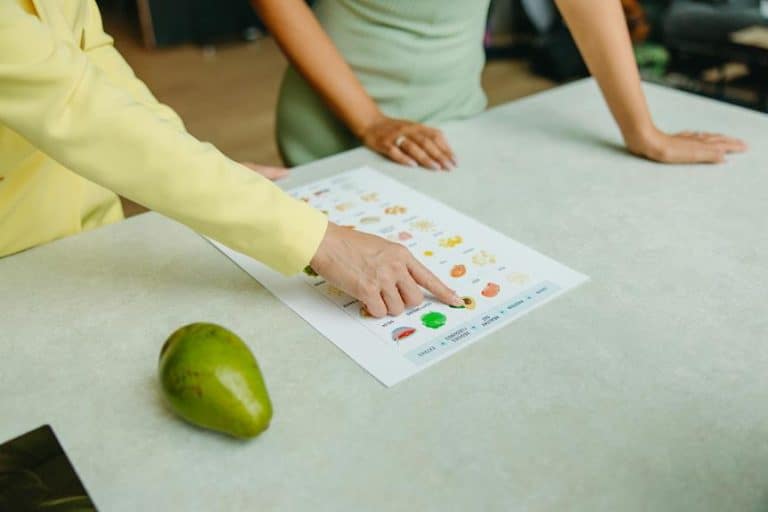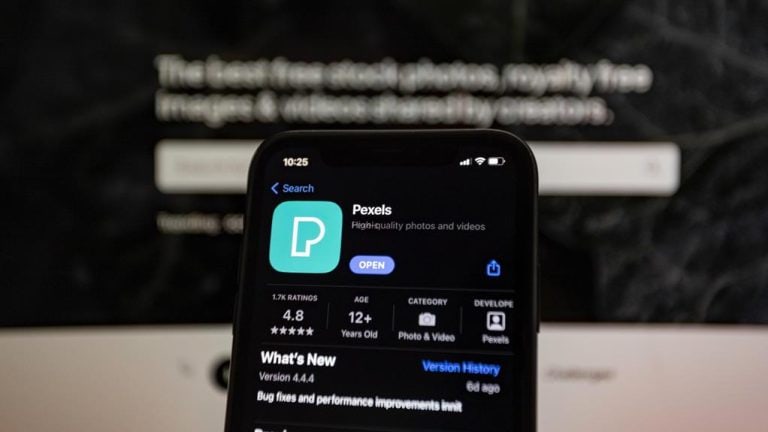Adhd and Jealousy
So, you think dealing with jealousy is tough? Try adding ADHD into the mix.
The way these two elements intertwine can be quite intriguing. Have you ever wondered how ADHD influences feelings of jealousy in individuals?
Well, let's explore this complex relationship and uncover some surprising insights that might just change your perspective on jealousy and ADHD forever.
Key Takeaways
- Jealousy in ADHD stems from sensory overload and emotional dysregulation.
- Cognitive-behavioral techniques and mindfulness aid in managing jealousy triggers.
- ADHD intensifies jealousy through insecurity and misinterpretation of cues.
- Coping strategies and open communication are vital for handling jealousy in ADHD.
Understanding Jealousy in ADHD

In individuals with ADHD, the experience of jealousy is often intensified due to factors such as sensory overload, social cue misinterpretation, and struggles with impulse control. The emotional dysregulation that characterizes ADHD can magnify feelings of insecurity and jealousy, greatly impacting relationship dynamics. The challenges in managing emotions can lead to a heightened sense of envy, triggered by perceived threats or insecurities within personal and professional relationships.
Understanding how ADHD influences jealousy is important in developing effective coping mechanisms. Cognitive-behavioral techniques and mindfulness practices can assist individuals in recognizing and modifying the negative thought patterns that contribute to jealousy. By identifying specific triggers, individuals can learn to navigate their emotional responses more effectively, fostering healthier interactions with others.
Additionally, open communication and supportive networks are essential in addressing jealousy within the context of ADHD. Establishing clear channels for dialogue within relationships can help in clarifying misunderstandings and reducing instances of jealousy. By enhancing communication and implementing coping strategies, individuals with ADHD can work towards managing jealousy and building stronger, more fulfilling connections.
Impact of ADHD on Jealousy

Exploring the impact of ADHD on jealousy requires a deep understanding of how emotional dysregulation and impulse control challenges intersect with relationship dynamics. Individuals with attention deficit hyperactivity disorder (ADHD) often struggle with emotional regulation, which can intensify feelings of jealousy within relationships. Jealousy triggers, such as sensory overload or misinterpretation of social cues, may be exacerbated by ADHD-related difficulties, leading to heightened emotional responses. This can result in increased emotional insecurity, affecting communication and trust levels in personal and professional relationships.
To address these challenges, therapeutic interventions focusing on cognitive-behavioral techniques and mindfulness practices play a pivotal role in helping individuals with ADHD manage jealousy triggers effectively. By recognizing and actively working on emotional regulation skills, individuals can learn to navigate jealousy triggers in a healthier manner. Additionally, fostering open communication within relationships can provide a supportive environment for addressing and coping with jealousy triggers related to ADHD. By implementing these strategies, individuals with ADHD can work towards building stronger, more secure relationships.
Coping Strategies for Jealousy

Utilizing cognitive-behavioral techniques can empower individuals with ADHD to reframe negative thought patterns and effectively manage jealousy triggers within their relationships. By identifying and challenging distorted beliefs, individuals can learn to respond to situations more rationally, reducing the intensity of jealous feelings often exacerbated by ADHD symptoms. Additionally, practicing mindfulness can increase self-awareness and emotional regulation, enabling individuals to recognize jealousy triggers and respond in a more controlled manner.
Building strong support systems and fostering open communication are critical in addressing misunderstandings that may fuel jealousy in relationships affected by ADHD. These networks can offer understanding, guidance, and a safe space to express feelings, reducing the isolation and insecurity often associated with jealousy. Developing impulse control strategies is also essential in maneuvering the emotional volatility and insecurities triggered by ADHD, ultimately enhancing relationship satisfaction and fostering healthier interactions.
Real-Life Jealousy Scenarios

Managing real-life jealousy scenarios can be challenging for individuals with ADHD, as triggers like perceived neglect or lack of attention can intensify emotional responses. For me, feelings of jealousy often arise when I misinterpret social cues or feel overwhelmed by sensory stimuli.
The impulsivity that comes with ADHD can exacerbate these emotions, leading to intense reactions that are hard to control. Insecurity plays a significant role in fueling these feelings, making it difficult to maintain healthy relationships.
Recognizing these jealousy triggers and working on improving emotional regulation is crucial to navigate these situations effectively. By understanding the root causes of jealousy in ADHD, such as difficulties in processing social interactions and managing intense emotions, one can begin to address these challenges and build trust, enhance communication, and foster emotional stability in relationships.
Developing strategies to cope with jealousy triggers is essential for creating a supportive and understanding environment that promotes healthier interactions and stronger connections.
Long-Term Success With Adhd-Jealousy

In exploring the world of long-term success with ADHD-related jealousy, understanding individual triggers and developing personalized coping strategies is paramount. For adults with ADHD, jealousy triggers can stem from various sources, such as perceived threats to relationships or feelings of inadequacy. Coping strategies tailored to address these triggers can greatly enhance emotional regulation and relationship dynamics. Building self-awareness and practicing mindfulness are effective tools for recognizing and managing jealousy triggers in real-time.
Effective communication within relationships is essential for steering jealousy issues, as open dialogue can foster understanding and trust. Therapeutic interventions focused on addressing impulse control difficulties and emotional dysregulation can provide valuable support for individuals grappling with ADHD-related jealousy. Implementing cognitive-behavioral techniques and mindfulness practices can help reshape negative thought patterns and reduce the impact of jealousy on relationships. By actively engaging in self-reflection and seeking appropriate support, individuals with ADHD can cultivate long-term success in managing jealousy and fostering healthier connections.
Frequently Asked Questions
How Does Someone With ADHD Act in a Relationship?
In relationships, I navigate communication challenges, emotional regulation, hyperfocus tendencies, impulsive reactions, and attention struggles. I seek supportive strategies to understand and address these complexities, fostering understanding and connection with my partner.
What Is ADHD Love Bombing?
At the start, imagine a whirlwind romance, a rollercoaster of emotions. It's like a storm of intense affection and overwhelming attention. Setting boundaries becomes important, trust issues arise, and communication struggles can test the relationship's strength.
How Do You Know if Someone With ADHD Likes You?
I notice their communication cues, body language, and attention signs. Their emotional connection is evident through shared interests and affectionate gestures. It's clear that they like me, and I appreciate the effort they put in.
Does ADHD Cause Insecurity in Relationships?
In my experience, trust issues can arise due to misinterpreted signals and communication breakdowns. An emotional rollercoaster often leads to overthinking patterns and comparison struggles. Understanding these dynamics is key to addressing insecurity in relationships.
Conclusion
As I navigate the tangled web of ADHD and jealousy, I've come to realize that the roots of my insecurities run deep. Just as a delicate flower needs nurturing and care to bloom, so too do I need to tend to my emotional garden.
By understanding my triggers, altering negative thought patterns, and fostering healthier relationships, I can cultivate a garden of self-love and acceptance, blooming with the beauty of resilience and growth.







